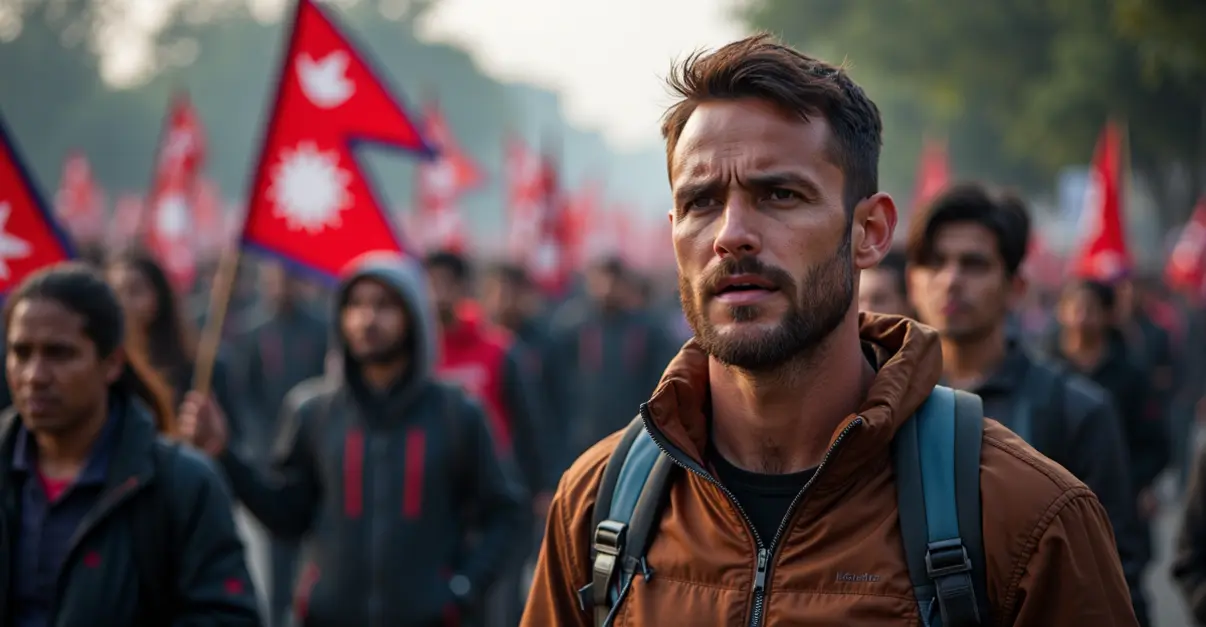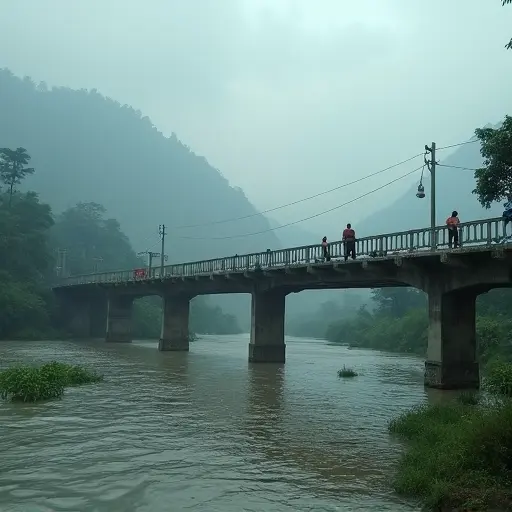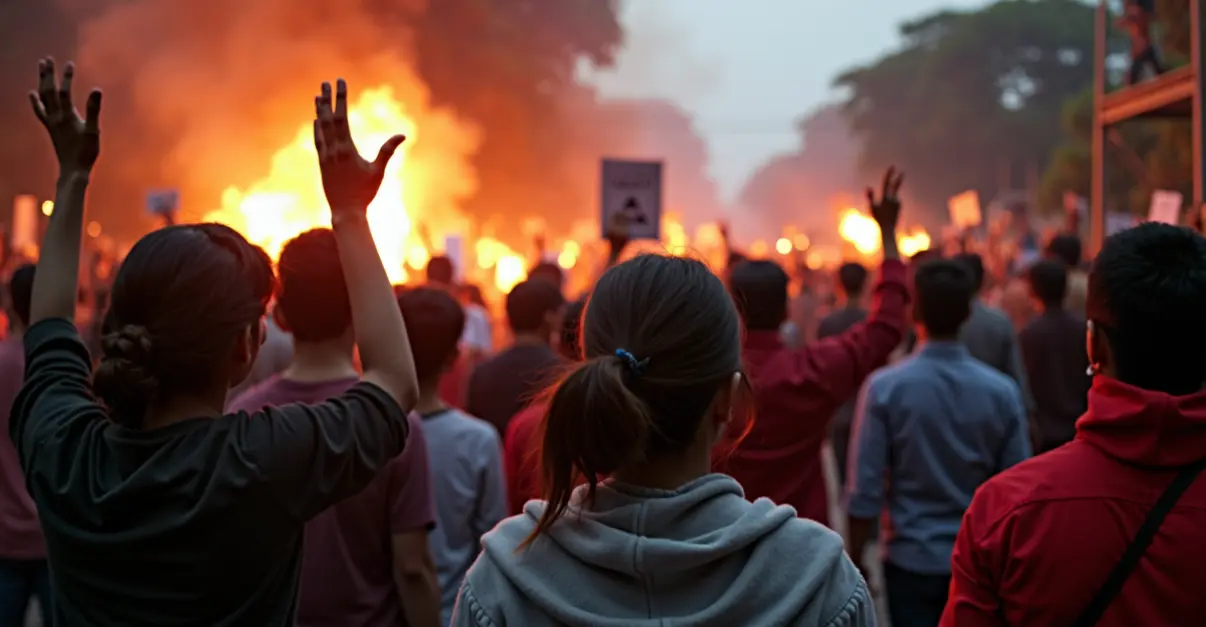Nepal's Prime Minister KP Sharma Oli resigns after deadly protests against social media ban leave 21 dead. Youth-led demonstrations continue despite curfew, demanding complete government overhaul.

Political Crisis Forces Premier Oli to Step Down
Nepal's Prime Minister KP Sharma Oli has announced his resignation following days of violent protests that left 21 people dead. The political turmoil erupted after the government imposed a controversial social media ban that blocked platforms including Facebook, X, YouTube, and WhatsApp across the Himalayan nation.
Deadly Crackdown Sparks National Outrage
The crisis reached its peak on Monday when police opened fire on protesters attempting to storm parliament, killing 19 demonstrators. The violence continued today with two additional fatalities reported, bringing the total death toll to 21. 'The government has completely lost touch with the people,' said one young protester who asked to remain anonymous. 'We're fighting for our future and against systemic corruption.'
Social Media Ban as Catalyst
The immediate trigger for the protests was last week's implementation of strict social media regulations that effectively blacked out major platforms. Although Oli reversed the ban this morning under mounting pressure, the move failed to quell public anger. Protesters had already expanded their demands to include broader political reforms and anti-corruption measures.
Youth-Led Movement Gains Momentum
Dubbed the "Gen Z protest" due to its predominantly young participants, the movement reflects deep-seated frustration among Nepal's youth regarding government corruption and limited economic opportunities. Demonstrators drew inspiration from similar protests in Bangladesh exactly one year earlier, where Prime Minister Sheikh Hasina was forced to flee the country.
Today, despite a curfew in the capital Kathmandu, protesters set fire to Oli's party office and the home of his recently resigned interior minister. The prime minister's private residence was also targeted by angry crowds. Schools remained closed, and air traffic at Kathmandu's international airport was suspended.
Regional Correspondent's Analysis
'In a public letter, Prime Minister Oli explains that he is stepping down to give the country a chance to reach a political solution to the unrest,' reported South Asia correspondent Devi Boerema. 'The government has also announced an investigation into Monday's incidents. But for demonstrators, this isn't enough—they're demanding a completely new government.'
The political future of Nepal remains uncertain as the country grapples with its most significant political crisis in recent years. Protesters continue to demand new elections within two to three months, arguing that corruption has permeated the entire Nepalese political system.

 Nederlands
Nederlands English
English Français
Français Deutsch
Deutsch Español
Español Português
Português




